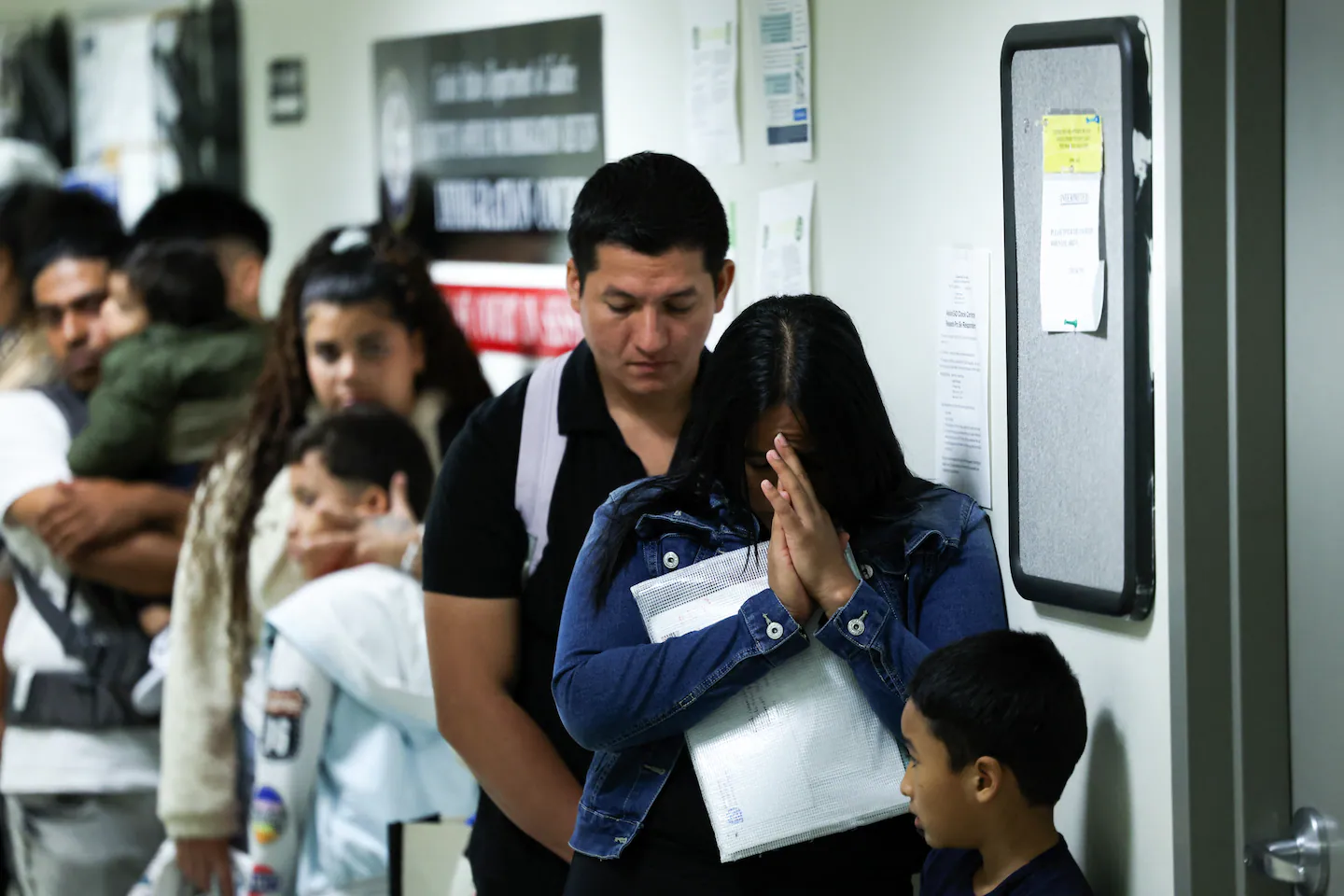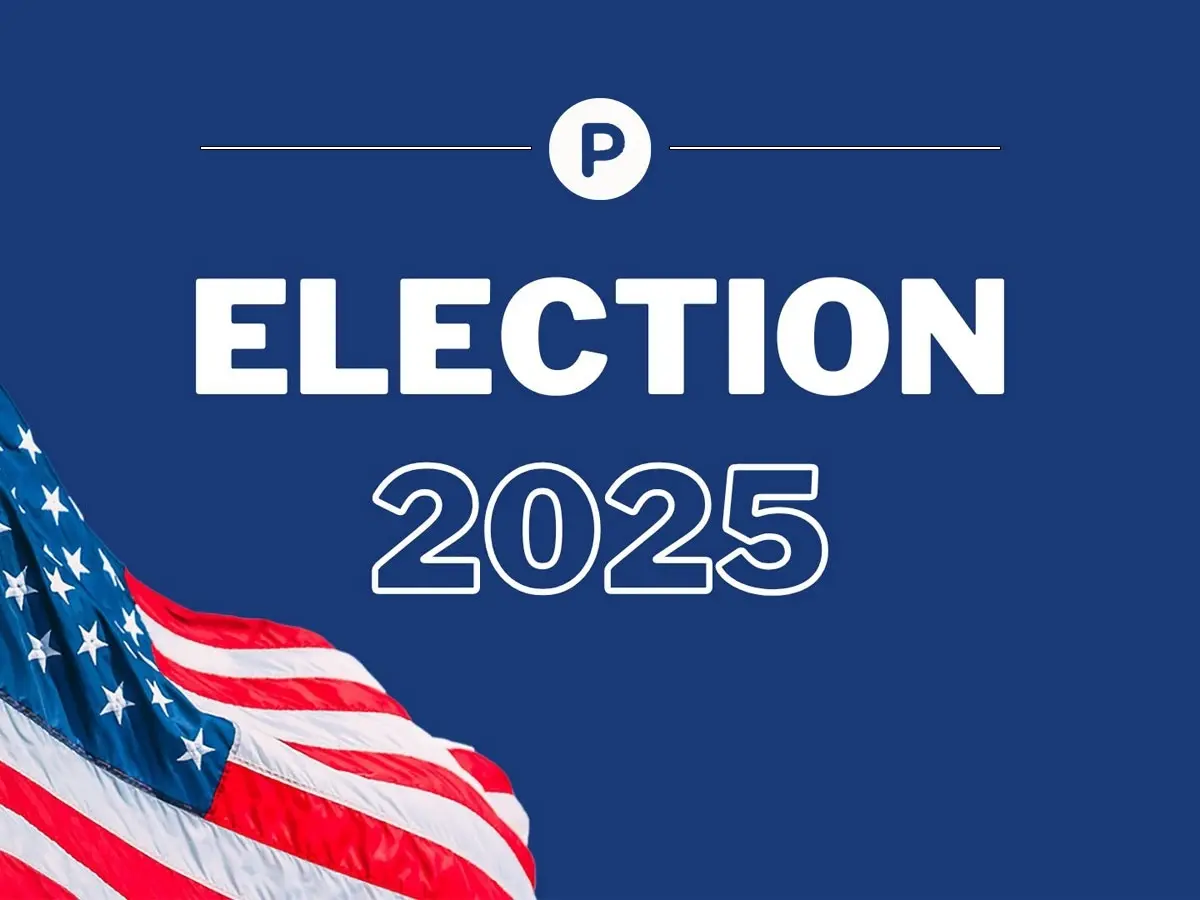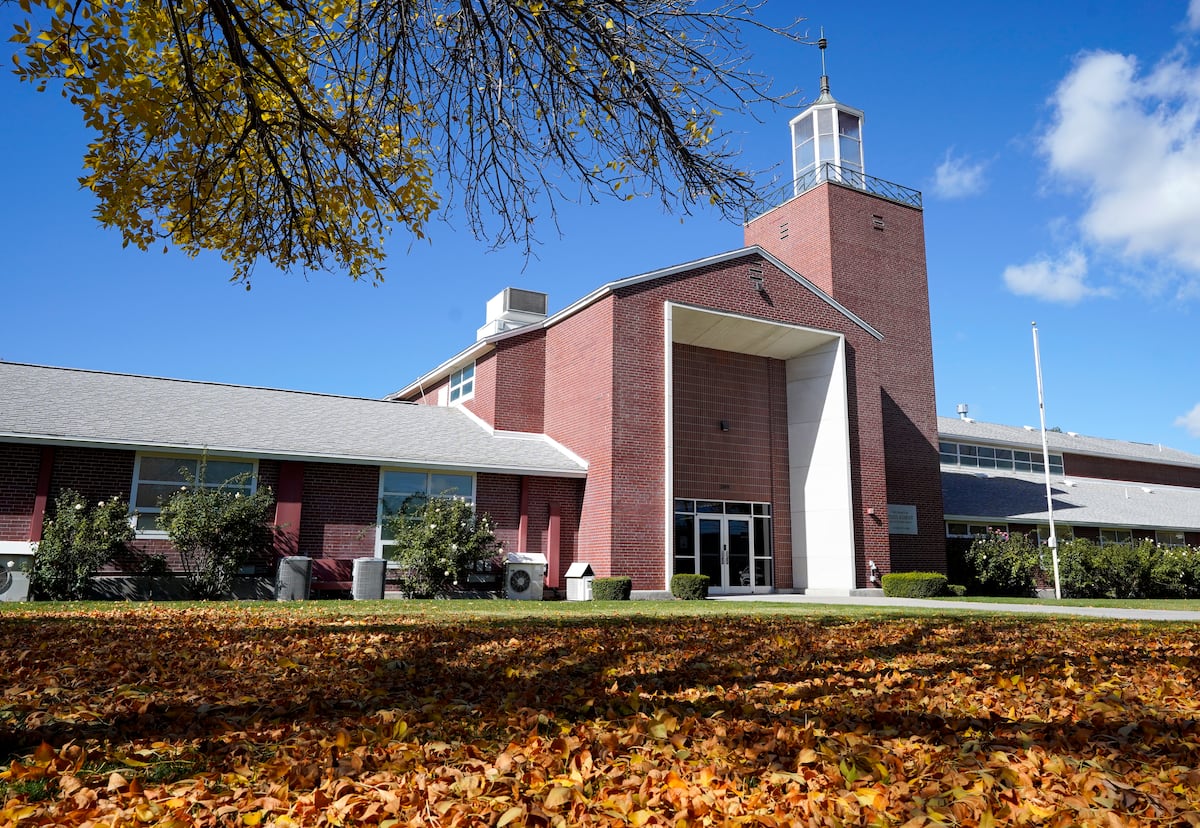Copyright The Boston Globe

The reality of how undocumented immigrants receive health care doesn’t easily match either side’s portrayal, according to health policy experts and the medical providers who serve this population. Immigrants living in the United States illegally are ineligible for federal health plans, including Medicaid and Medicare, as well as insurance sold through Affordable Care Act marketplaces. But federal money can indirectly help those immigrants by reimbursing hospitals that are required to provide emergency care to all patients and by supporting state Medicaid programs that use their own money to offer coverage to patients without legal status. The White House has argued that restoring Biden-era Medicaid benefits “will serve as a magnet for illegal immigration into the United States.” Immigration advocates and Democrats say Republicans have distorted and exaggerated the toll on taxpayers and that the stakes of the shutdown health care standoff primarily affect U.S. citizens. The more common experience for millions of people living in the United States illegally is that they often forgo routine medical appointments, pay out of pocket for specialized care, rely on community clinics and turn to emergency rooms as a last resort, according to health care providers and immigrant advocates. It remains unclear to what extent millions of undocumented immigrants access health care in the United States. The majority of undocumented immigrant adults reported not having insurance and facing barriers to accessing care, according to a 2023 survey by the LA Times and KFF, a health policy research organization. More broadly, research has shown that immigrants typically use less health care not only because they are younger and healthier, but also because of language barriers and fear of deportation. The Democrats are demanding an extension to covid-era subsidies for insurance sold through the Affordable Care Act and a repeal of health care cuts in the July law enacting Trump’s sweeping domestic policy agenda. The White House, in an Oct. 1 policy memo, asserts that if the Democrats succeed in repealing parts of that law, the federal government would spend nearly $200 billion more on health care for undocumented immigrants and noncitizens during the next decade. “Democrats can lie and spin all they want, but here are the facts: Democrats have a long track record of pushing health care for illegal immigrants, and they’ve now shut down our government to again push free health care for illegal immigrants,” White House spokesman Kush Desai said in a statement. This is how immigrants would, and would not be, affected by various aspects of the health care battle in Congress. Republicans have focused on the Emergency Medicaid program, which reimburses hospitals for the cost of complying with a federal law signed by President Ronald Reagan (R) that mandates emergency rooms treat everyone, including those living in the United States without authorization. Trump’s domestic policy law reduced the share that the federal government pays to cover the program, but states must still pay for these services. Emergency Medicaid spending represented less than 1 percent of overall Medicaid spending between fiscal years 2017 and 2023, according to KFF. A research letter published in JAMA this month affirmed those findings and suggested that cuts to the program will “produce minimal overall cost savings and will disproportionately harm states with large undocumented populations.” That includes Republican-led states such as Texas and Florida, said Trisha Santos, the study’s co-author and a researcher at Emory University School of Medicine. Health advocates stress Emergency Medicaid coverage is limited. In Massachusetts, for example, the nonprofit group Health Law Advocates often helps undocumented immigrants find funding to pay for medical bills. While Emergency Medicaid will cover their visits for emergencies related to cancer or broken bones, it will not cover long-term oncology care or rehabilitation, said Matt Selig, the group’s executive director. Democrats want to repeal health care cuts under Trump’s domestic law. The White House argues that doing so would resume subsidizing health care plans for noncitizens and people without lawful permanent status. The law banned many lawfully present immigrants, including refugees, asylum seekers and trafficking victims, from Medicaid and Medicare coverage and subsidized Obamacare plans. Medicaid subsidizes health care for people with disabilities or who have low incomes. Medicare is the federal health insurance for older Americans. The new eligibility restrictions will result in an estimated 1.4 million lawful permanent immigrants becoming uninsured, according to the Congressional Budget Office. The White House, in its memo, argued that the restrictions ensures taxpayer money for health care “cannot be used in conjunction with abuses of the immigration system,” and that repealing them would increase spending by $102 billion over the next decade. Hundreds of thousands of those immigrants remain in legal limbo and face possible deportation under Trump policies - but they are not undocumented. Some Republicans continue to blur distinctions among different immigrant groups. In his Sunday interview, Johnson did so by citing a White House estimate for the health care costs of noncitizens and “illegal aliens” by only mentioning “illegal aliens.” Trump and Republicans have long argued that the Biden administration abused its authority in granting protected status to hundreds of thousands of immigrants, suggesting that their health benefits were unlawful too. Democrats’ push to reverse the changes Republicans made this year to Medicaid would restore how states are allowed to tax health care providers and collect federal matching dollars to fund their Medicaid programs. Republicans assert that if that funding mechanism is restored, the 14 states plus D.C. that use their own dollars to insure undocumented immigrants would receive additional federal funds, freeing up more state dollars to fund those programs. Edwin Park, a research professor and Medicaid expert at the Georgetown University McCourt School of Public Policy’s Center for Children and Families, said those claims are misleading because extra state dollars can be allocated to many uses, such as education. Already, California, several other states and D.C., are scaling back health coverage for undocumented immigrants because of budget shortfalls. Gov. Gavin Newsom (D), a potential 2028 presidential candidate, pushed for the cuts even as he and California leaders have decried Trump’s treatment of undocumented immigrants. Even when Medicaid is available, some undocumented immigrants have avoided enrolling out of fear of deportation. America, who along with her husband is an undocumented Mexican immigrant in California, said that they chose not to enroll in the state’s Medicaid program and that she avoids the doctor for normal fevers, aches and pains. For more serious ailments, she relies on a community clinic that charges her $55 per appointment, but prescriptions - like $160 for medication to treat a recent throat infection - strain their budget. America spoke on the condition her full name not be published because of fear of law enforcement She also said she chose not to seek Emergency Medicaid when her toddler son fell and broke his hand several years ago. She said she and her husband, a gardener, paid nearly $4,000 out-of-pocket on a payment plan for the emergency room visit and follow-up care. In the absence of federal health plans, many immigrants turn to community clinics for health care. However, clinic operators said that they have seen a decline in patients as the Trump administration ramps up immigration enforcement. Community health centers are required by federal law to serve all residents of an area - including undocumented immigrants - and often do so free or on a sliding scale. At St. John’s Community Health, a network of more than two dozen clinics in Southern California, CEO Jim Mangia said about 20 percent of the clinics’ patients are undocumented. During the height of recent federal immigration enforcement raids in Los Angeles, the number of St. John’s patients skipping appointments skyrocketed as some they stayed home rather than risk deportation. The clinic deployed teams of doctors, nurses and others to patient homes to deliver care, medicine and even food because some were too afraid to go to a grocery store. Mangia projects that they could lose $30 million next year, and $70 million in 2027, between state cuts and federal Medicaid cuts. The CEO of one Central California community clinic, who spoke on the condition of anonymity out of fear of retaliation by the administration, said some patients removed themselves and even their U.S.-born children from California’s Medicaid program. In the Central Valley, where many immigrants work in agriculture and the air quality is poor, patients with chronic conditions such as asthma or hypertension are also skipping appointments and insisting on paying cash, the CEO added. In South Florida, the medical director at a clinic that serves primarily Hispanic and Haitian patients said most uninsured patients without papers pay for treatment, even if they can’t afford much. “They want to contribute,” said the director, who spoke on the condition of anonymity for fear that the administration would target the clinic. “They have a sense of responsibility.”



